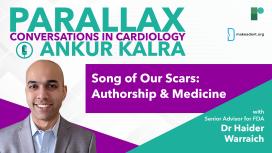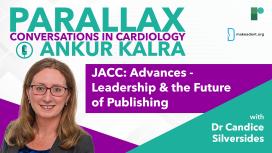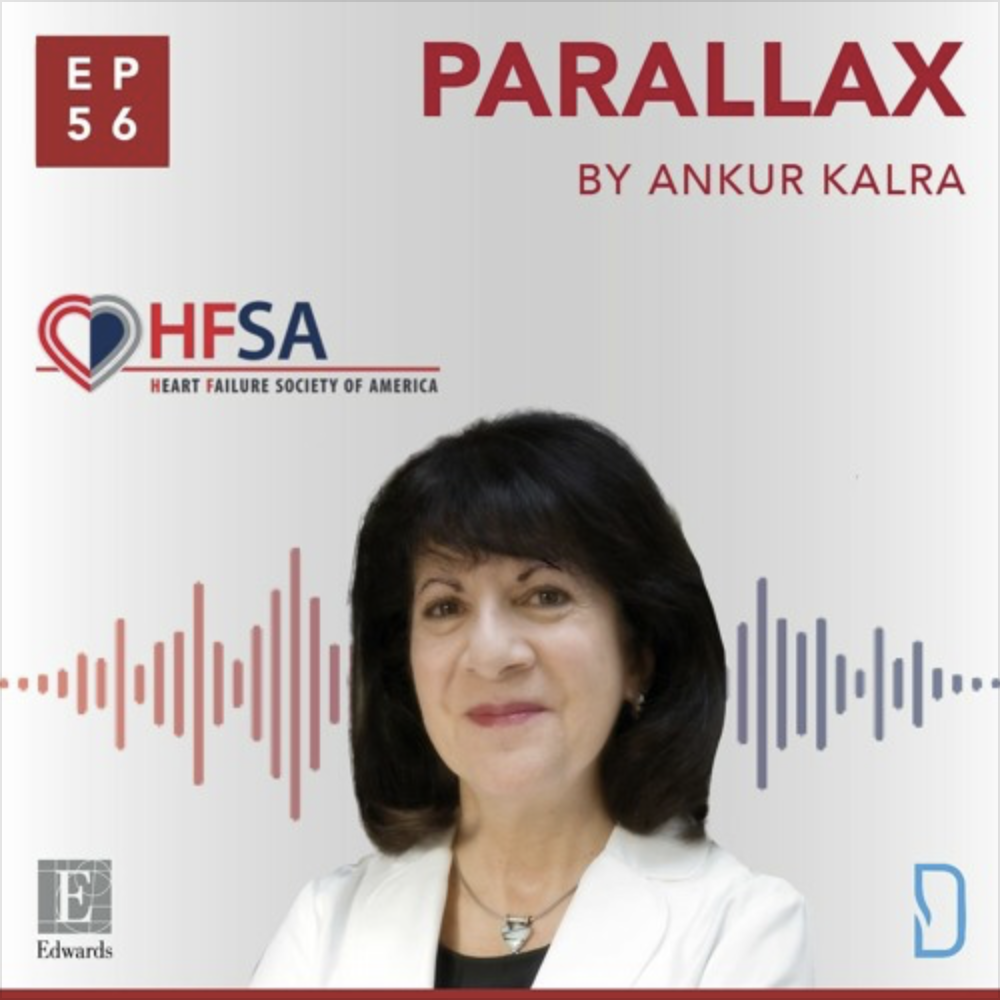
This week’s Parallax in collaboration with the Heart Failure Society of America (HFSA) explores the many ways organisations can embrace the needs of a diverse community and create a culture that can react to the realities of patientcare.
Host Dr Ankur Kalra’s guest is Dr Nancy M. Albert, Immediate Past President of HFSA and Associate Chief Nursing Officer of the Office of Research and Innovation at the Cleveland Clinic.
In this episode, Dr Albert reflects on the society’s work to cater to the needs of its multidisciplinary members. Dr Kalra asks Dr Albert about HFSA vision statement and the different factors that were considered to put words into actions. They discuss the importance of recruiting a diverse group of volunteers. Dr Albert shares her experiences as a mentor and her tips on how to foster talent, including nurses and other advanced practice providers. How can people get involved with HFSA? What mentorship opportunities are available? How has HFSA fostered deeper involvement of early career members? What is Dr Albert’s message to our listeners?
Questions and comments can be sent to “podcast@radcliffe-group.com” and may be answered by Ankur in the next episode. Guest @nancy_m_albert hosted by @AnkurKalraMD. Produced by @RadcliffeCARDIO.

Brought to you by Edwards: www.edwardstavr.com
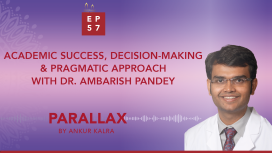
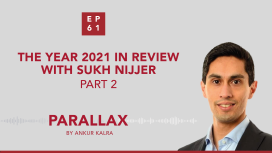
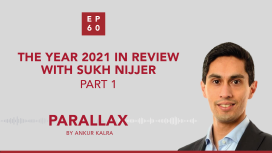



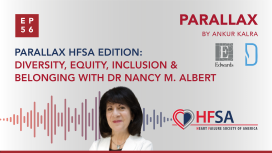
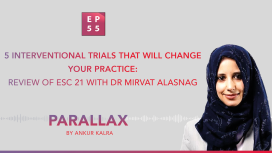
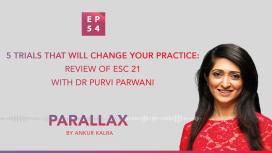

In this candid episode of Parallax, Nasrien and Ankur open up about their experiences of being an immigrant. Ankur asks Nasrien about her journey to medicine. Nasrien shares the lessons she took away from her years under the mentorship of Dr JoAnn Lindenfeld and later, Dr. James Januzzi. Finally, Nasrien shares her recent experience of writing Sparkplug and how she embraced life with its imperfections and found her purpose.
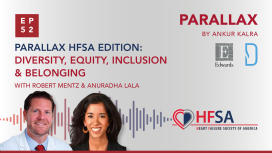
In this practical and insightful episode, Dr Kalra asks what does diversity, equity, inclusion and belonging mean to the editorial board of JCF and what were the steps taken to put these principles into practice.
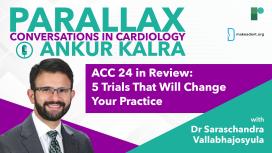
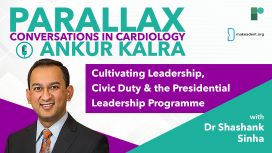
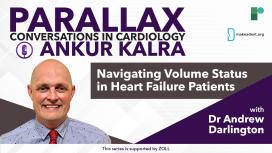
Together, Dr Kalra and Dr Darlington delve into the significance of assessing volume status in patients with heart failure, highlighting its continued relevance in 2024, including the availability of new diagnostic tools, including the Heart Failure Management System (HFMS).
This series is supported by ZOLL and is intended for Health Care Professionals.
